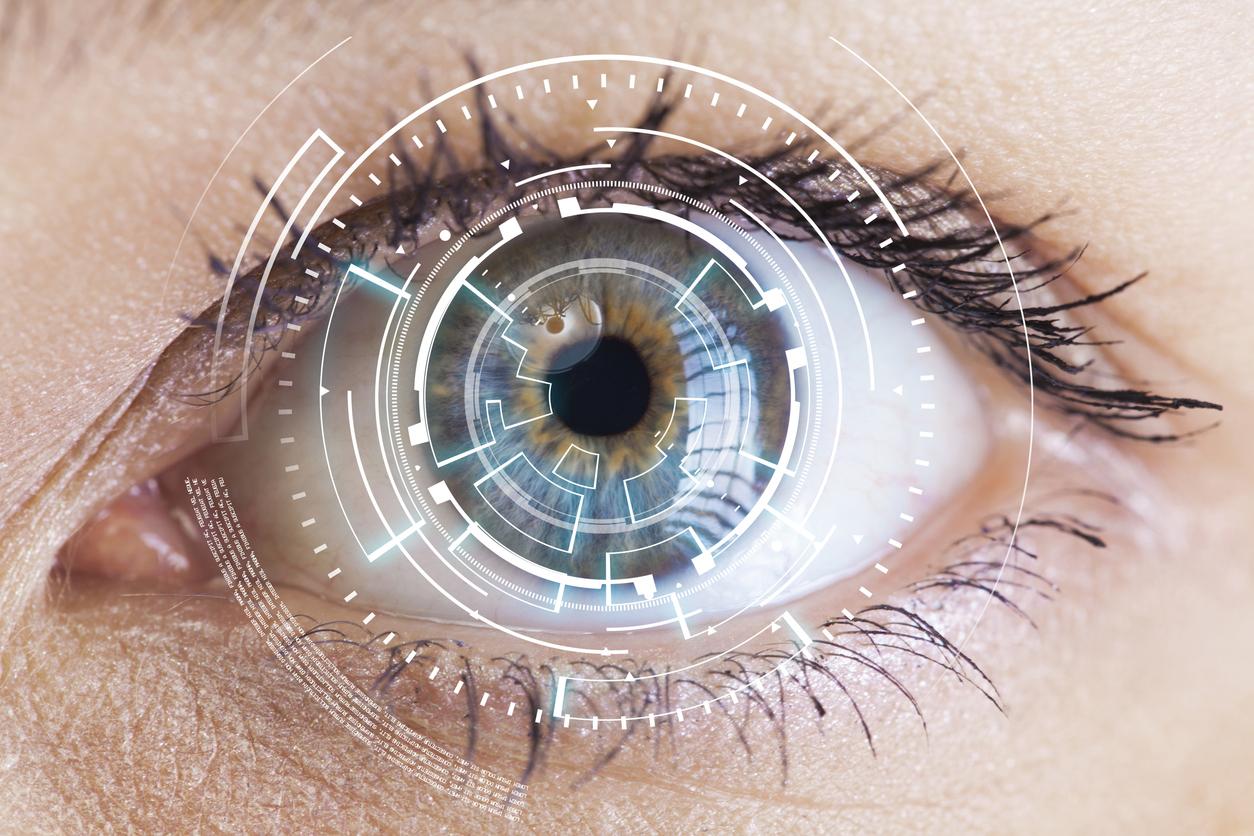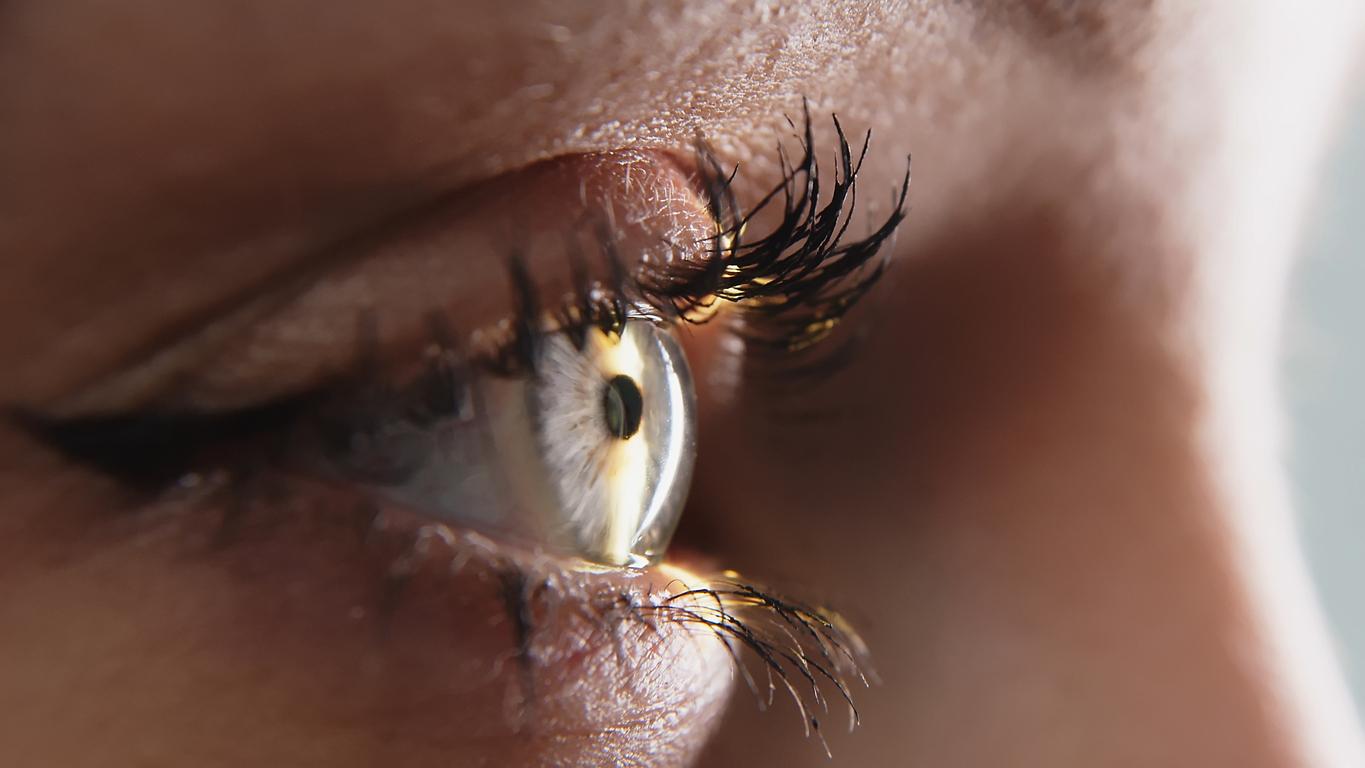The opsin ReaChR, a protein sensitive to red light, would be effective in treating vision disorders in patients with neurodegenerative diseases of the retina, such as AMDaccording to the results of a study published by the medical journal EMBO Molecular Medicine. These conclusions were obtained on mice.
Researchers from the National Institute for Health and Medical Research (Inserm) tested ReaChR on mice and, post-mortem, on the retinas of macaques and humans.
The results of these three experiments were satisfactory. Indeed, the opsin was expressed on the membranes in a few weeks, showed its capacity to modulate the electrical potential of the membrane and made it possible to improve the vision of the guinea pigs.
Similar conclusions were obtained on the post-mortem retinas of monkeys and humans. In view of this study, researchers must set up clinical trials to validate these conclusions.
Glasses to restore vision
Researchers at the Vision Institute are working on making special glasses that will stimulate the retina with simplified monochrome orange images, in order to test the quality of visual restoration. “In any case, the precision will be much better than with current retinal implants, underlines Deniz Dalkara, co-author of the work. However, you should not expect to find perfect vision Since the ganglion cells are located at the outlet of the retina, all the information processing carried out by the retina itself is lost.The images will therefore be of less good definition. vision will remain that of the visually impaired, although it can be expected to improve over time, thanks to brain plasticity.”
Read also:
AMD: 5 things to know about age-related macular degeneration
AMD: micronutrition for better prevention
Statins would be effective against AMD
















